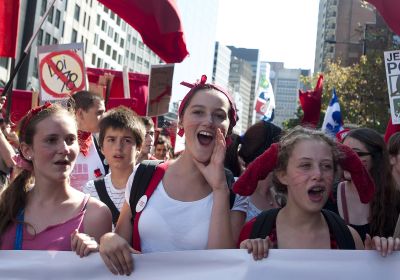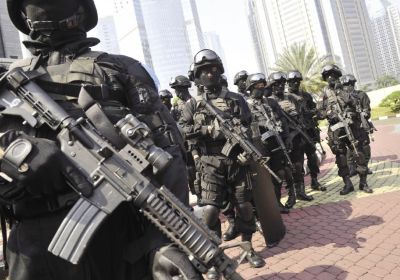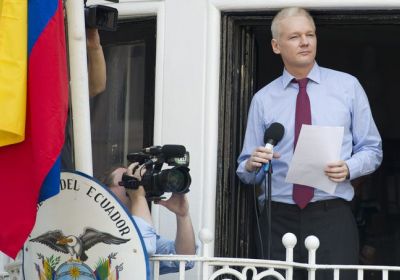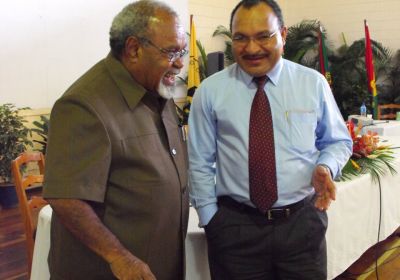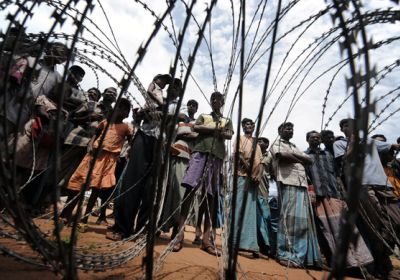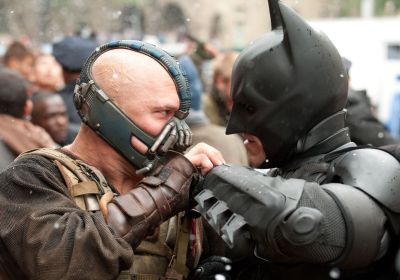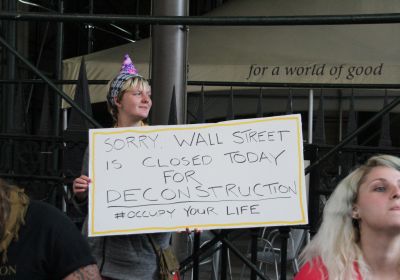
The Occupy movement held rallies across the United States on September 17 to mark the first anniversary of the protests that attacked the corrupt and abusive rule by the richest 1%.

The Occupy movement held rallies across the United States on September 17 to mark the first anniversary of the protests that attacked the corrupt and abusive rule by the richest 1%.
